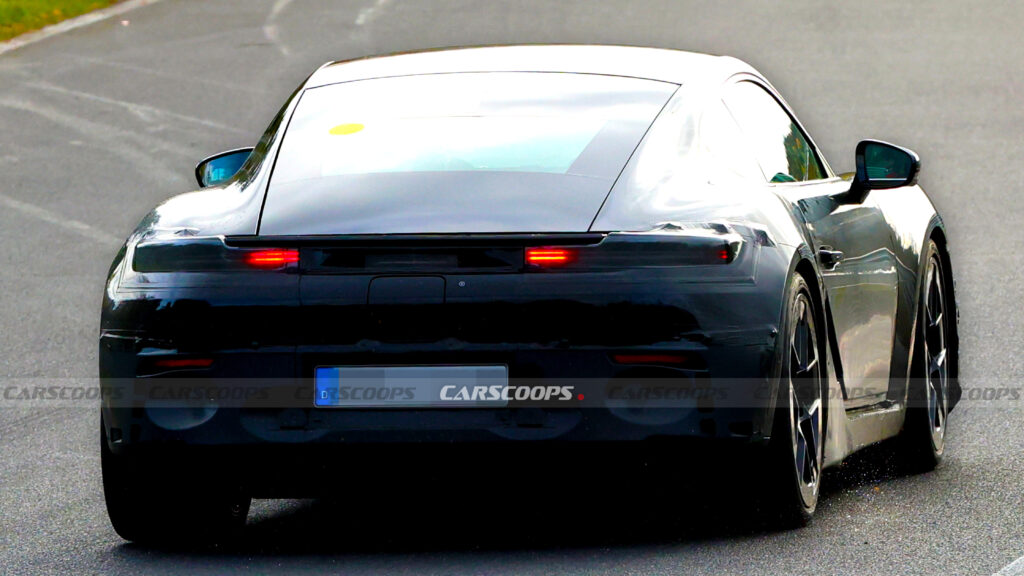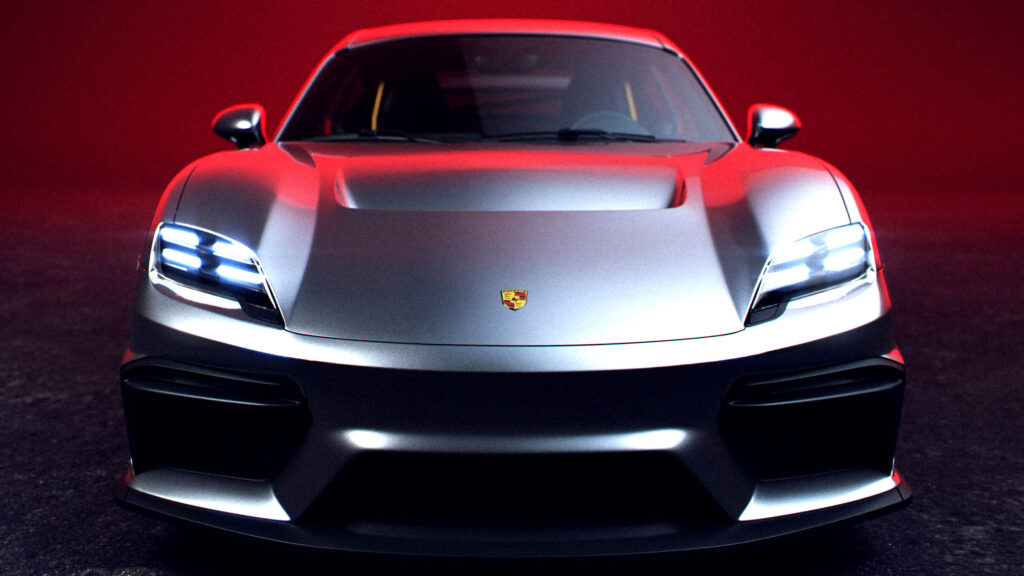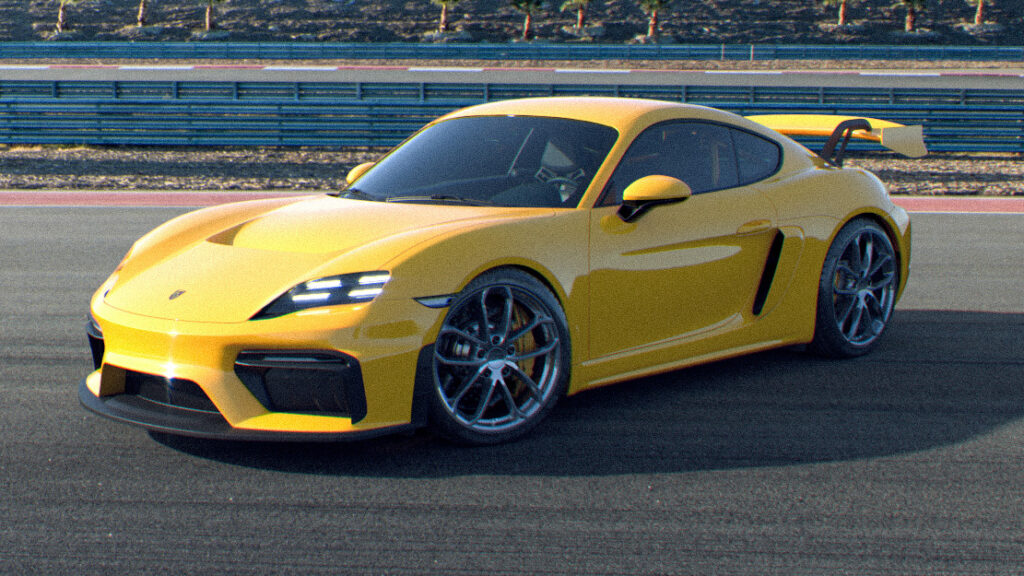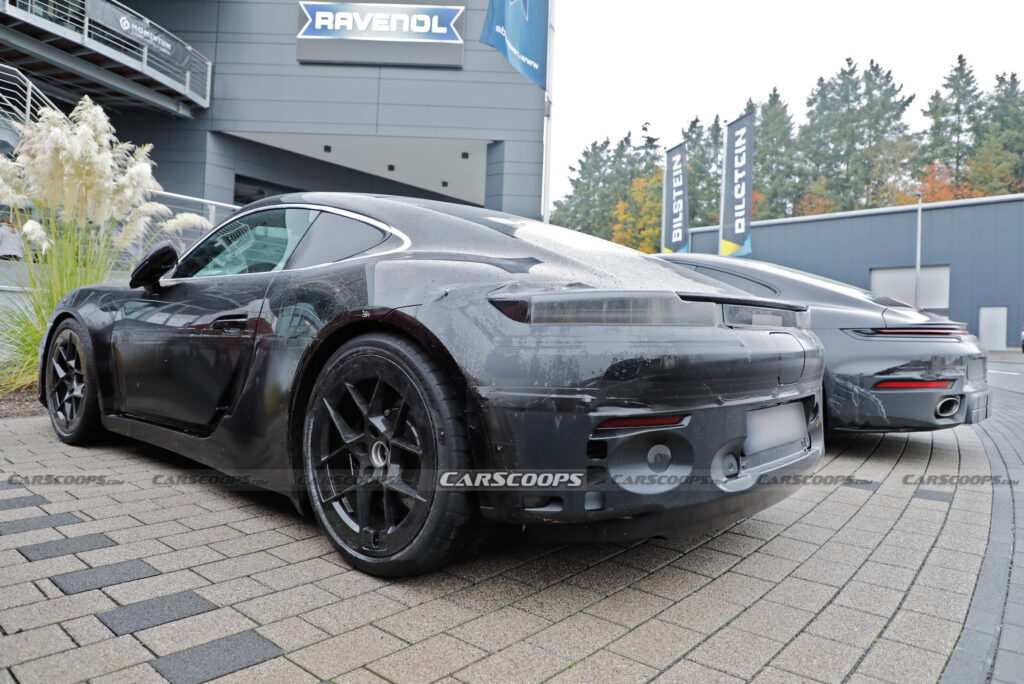Porsche’s New CEO Might Bury The 718 EVs Before They Even Launch

- Porsche is slashing costs after pulling back on EV expansion.
- Delays and rising costs have plagued both electric sports models.
- EV-only plan scrapped as ICE options return to the 718 lineup
Porsche has spent years developing its all-electric 718 Boxster and Cayman models, recently retiring the outgoing ICE generation to clear the stage for the EV duo. But despite that long runway, a new report suggests the company may pull the plug on both models before they ever reach showrooms.
Michael Leiters, the former CEO of McLaren, stepped into his new role as Porsche’s chief executive on January 1. And according to unnamed sources cited in a new report, one of his first major decisions could be to scrap the electric 718s entirely, due to mounting development costs and repeated delays.
Read: 2027 Porsche 718 Cayman EV Rendered To Reality
Porsche is under pressure to rein in spending after pulling back from its earlier electric-only strategy, compounded by a sharp 26 percent drop in Chinese sales in 2025. Bloomberg reports that the brand is now weighing the addition of a plug-in hybrid variant to its lineup, a move that would require fresh architecture and substantial financial outlay.

These changes could cause further delays for the next-gen 718 models, and if they do eventually launch, they might already feel outdated by the time they reach the market.
Read: Porsche Is Shutting Down A Third Of Its Chinese Dealers
Leiters has inherited a long to-do list from his predecessor Oliver Blume, who served as Porsche CEO for the past ten years. The brand’s EV pullback reportedly wiped out €1.8 billion ($2.1 billion) in operating profit last year. Meanwhile, new tariffs in the United States have added more friction, and Porsche’s recent market struggles led to its removal from Germany’s benchmark DAX index.
Carscoops contacted Porsche for comment. A company representative said Porsche was declining to comment on the “speculation”.
Changing Plans
Baldauf
The electric 718 Cayman and Boxster have already faced several delays. In early 2025, Blume revealed that Porsche was having trouble sourcing the high-performance battery cells it needed for the two models, in part due to Swedish battery manufacturer Northvolt filing for bankruptcy. Sales of the two models were due to start this year, but this now appears increasingly unlikely.
Clearly realizing that it couldn’t put all of its eggs in one basket, Porsche announced last September that flagship versions of the next-gen 718 would be updated to include internal combustion engines, likely including replacements for the Cayman GT4 and GT4 RS, as well as the 718 Spyder RS.
Just a few months later, it was revealed that combustion options could also be made available across a larger proportion of the 718 model line, not just the pricey flagships.


